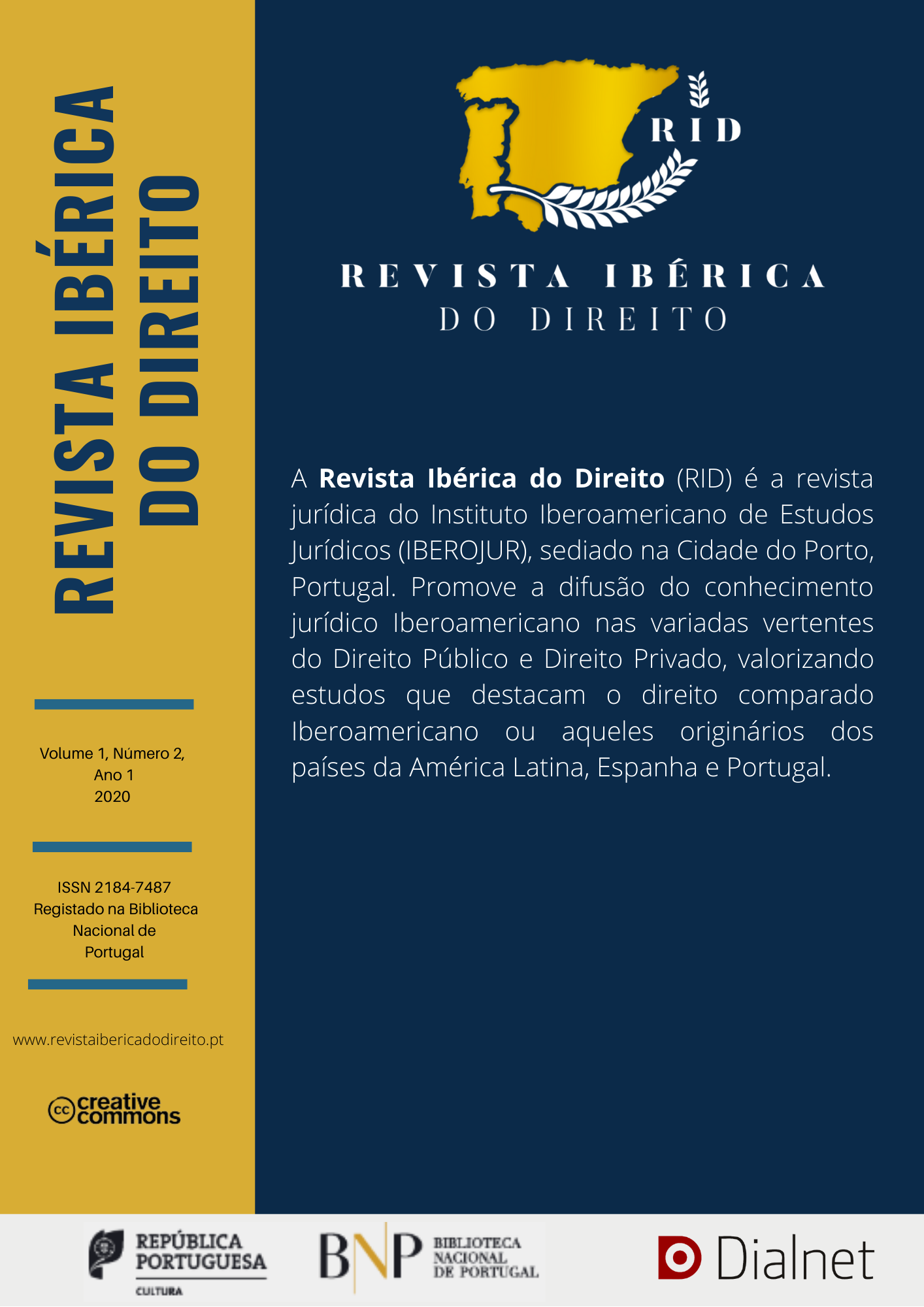Fundamental rights and the role of jurisprudence in the covid-19 emergency
Keywords:
Science, Jurisprudence, InterpretationAbstract
This work offers an analysis of the difficult relationship betwe- en jurisprudence and science, analyzing the emergency situation caused by the Covid pandemic. In the last year, political power has imposed re- strictive measures on personal, economic, religious freedom, movement, expression and the right to education to prevent the spread of the infection. If at first the jurisprudence left wide discretion to the political power, in the last period it seems to require greater transparency of data and a rationa- lity and proportionality of the measures with respect to the objectives set. Although, in fact, the executive and legislative powers are better suited to confront science and make policy decisions, it is up to jurisprudence to set the boundary that political power cannot and must not cross. Emblematic in this sense is the decision on religious freedom of the US Federal Supre- me Court. The need for control to prevent abuses and arbitrators, however, raises the problem of the complexity of a hierarchy of fundamental values, of the criteria used, of the subject appointed to carry it out. These are cru- cial choices that pertain to the very concept of democracy. In particular, the essay focuses on the methods of originalist constitutional interpretation and the common good, highlighting their advantages and criticalities.
References
AXE, Douglas, BRIGGS, William, RICHARDS Jay. “The price of panic. How the tiranny of experts turned a pandemi cinto a catastrophe”. Washington: Regnery, 2020.
CACCIARI, Massimo. “Il lavoro dello spirito”. Milano: Adelphi, 2020.
CASTELLANI, Lorenzo. “L’ingranaggio del potere”, Macerata: Liberlibri, 2021.
DEL NOCE, Augusto. “Il problema dell’ateismo”. Bologna: Il Mulino, 1970.
HORWITZ, Morton. “Holmes in American Legal Thoughts” in GORDON, Robert (a cura di). “The Legacy of Oliver Wendell Holmes”. Stanford: Stanford University Press, 1992, pp. 31
IRTI, Natalino. “Riconoscersi nella parola”. Bologna: Il Mulino, 2020.
KATZNELSON, Ira. Fear itself: The new deal and the origins of our time. WW Norton & Company, 2013.
LEFORT, Claude. “L’invention democratique”. Parigi: Fayard, 1994.
MANENT, Pierre. “ Cours familier de philosphie politique”. Parigi: Gallimard.
POSNER, Eric A., et al. “Terror in the balance: Security, liberty, and the courts”. Oxford: Oxford University Press on Demand, 2007.
SUMPTION, Jonathan. “The Lockdown Is Without Doubt the Greatest Interference with Personal Liberty in Our History”, in AIER, 9 maggio 2020. Disponibile presso https://www.aier.org/article/lord-sumption-the-lockdown-is-without-doubt-the-greatest-interference-with-personal-liberty-in-our-history. Ultimo accesso: 29 gennaio 2021.
VERMEULE, Adrian. “Beyond Originalism”. The Atlantic, 31 marzo 2020. Disponibile presso https://www.theatlantic.com/ideas/archive/2020/03/common-good-constitutionalism/609037/ . Ultimo accesso: 28 gennaio 2021.
Downloads
Published
Issue
Section
License
Copyright (c) 2020 Revista Ibérica do Direito

This work is licensed under a Creative Commons Attribution-NonCommercial-NoDerivatives 4.0 International License.
Este trabalho está licenciado sob uma Licença Creative Commons Attribution 3.0


